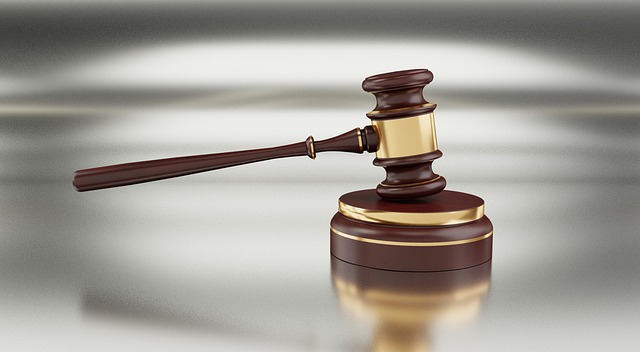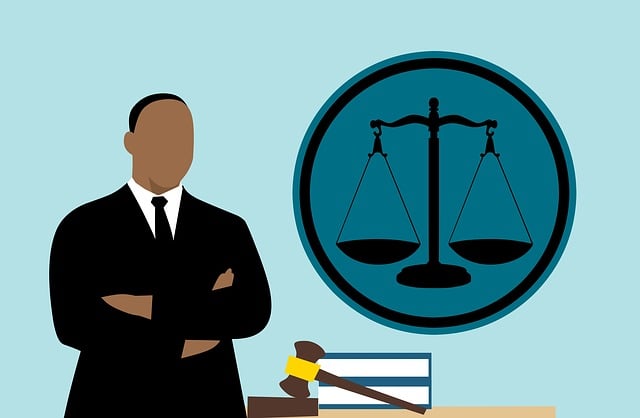Criminal proceedings expertise is paramount in defense law. It involves understanding legal procedures, evidence rules, and constitutional rights to navigate complex laws. Communication, analytical skills, and pressure-proof thinking are crucial. This expertise enables attorneys to build defenses, challenge evidence, and advocate for clients' rights. Strategic planning, tactical precision, and deep legal research prepare them for court. They craft narratives, identify loopholes, and cross-examine witnesses effectively. Sentencing navigation requires mitigation strategies and advocacy for fair outcomes.
“Step into the intricate world of criminal defense, where every detail matters. Representing clients in court demands a deep understanding of criminal proceedings expertise. This comprehensive guide unravels the nuances, from deciphering legal complexities to crafting compelling defenses. Learn how to prepare for court with strategic insights and tactics that ensure success. Discover methods to build a robust defense narrative, cross-examine witnesses effectively, and navigate sentencing with mitigation strategies. Equip yourself with the tools to advocate fiercely within the realm of criminal justice.”
- Understanding Criminal Proceedings Expertise
- Preparing for Court: Strategies & Tactics
- Building a Strong Defense Narrative
- Cross-Examining Witnesses Effectively
- Navigating Sentencing and Mitigation Strategies
Understanding Criminal Proceedings Expertise

Representing clients in criminal defense court cases requires a deep understanding of criminal proceedings expertise. This encompasses knowledge of legal procedures, evidence rules, and constitutional rights. It’s crucial to navigate the complex web of laws and regulations that govern criminal cases, ensuring every step taken is strategic and within the bounds of the law.
Expertise in this realm involves not just interpreting legal jargon but also communicating effectively with clients, judges, and prosecutors. A successful criminal defense attorney must possess strong analytical skills, attention to detail, and the ability to think critically under pressure. This knowledge base enables them to build robust defenses, challenge evidence, and advocate aggressively for their clients’ rights throughout the entire criminal proceedings expertise process.
Preparing for Court: Strategies & Tactics

Preparing for court in a criminal defense case requires meticulous strategizing and tactical planning. The first step is to thoroughly understand the client’s background, the nature of the crime accused, and any mitigating factors that could influence the outcome. This involves extensive research on legal precedents relevant to the case, studying the jurisdiction’s laws, and delving into potential witness testimonies.
A crucial aspect of preparation is building a solid defense strategy. This may include gathering evidence, interviewing witnesses, and crafting compelling arguments that challenge the prosecution’s case. Utilizing a client’s criminal proceedings expertise can be invaluable in navigating the complexities of court procedures, ensuring all legal rights are protected, and presenting a strong defense.
Building a Strong Defense Narrative

Building a strong defense narrative is an art that requires meticulous planning and a deep understanding of both the law and the client’s case. It involves piecing together the facts, circumstances, and evidence to craft a compelling argument that protects the client’s rights and interests during criminal proceedings. Legal experts with expertise in criminal defense possess the skill to identify potential loopholes, challenge inadmissible evidence, and counter the prosecution’s claims, thereby presenting a robust defense strategy.
This strategic process encompasses thoroughly reviewing the case file, interviewing witnesses, and gathering relevant documentation to construct a narrative that not only refutes the charges but also communicates the client’s story coherently and persuasively. It demands a nuanced approach, as each case is unique, requiring tailored strategies to navigate the complexities of the legal system effectively.
Cross-Examining Witnesses Effectively

In representing clients in criminal defense court cases, cross-examining witnesses effectively is a critical component of building a robust defense strategy. This involves meticulous preparation and a deep understanding of both the law and human behavior. Skilled defense attorneys leverage their extensive criminal proceedings expertise to challenge witness testimonies, exposing inconsistencies or weaknesses that may cast doubt on the prosecution’s case.
During cross-examination, strategic questioning techniques are employed to test the reliability and credibility of witnesses. By probing for specific details, asking follow-up questions, and presenting contradictory evidence, defense attorneys can undermine the strength of the prosecution’s narrative. This meticulous process requires a keen eye for detail, quick thinking on one’s feet, and the ability to adapt strategies based on witness responses, ensuring a fair and just outcome in criminal proceedings.
Navigating Sentencing and Mitigation Strategies

Navigating sentencing is a critical aspect of criminal defense, requiring lawyers with profound expertise in understanding the complexities of the legal system. Skilled attorneys employ mitigation strategies to advocate for their clients’ interests, aiming to minimize potential penalties. They meticulously review evidence, witness statements, and prior records to identify factors that could influence the judge’s decision.
During sentencing hearings, these professionals present compelling arguments, highlighting mitigating circumstances like character references, cooperation with authorities, or extenuating personal conditions. Their goal is to persuade the court to consider alternatives to the harshest sentences, ensuring a fair outcome based on their clients’ unique circumstances and demonstrating their criminal proceedings expertise.






